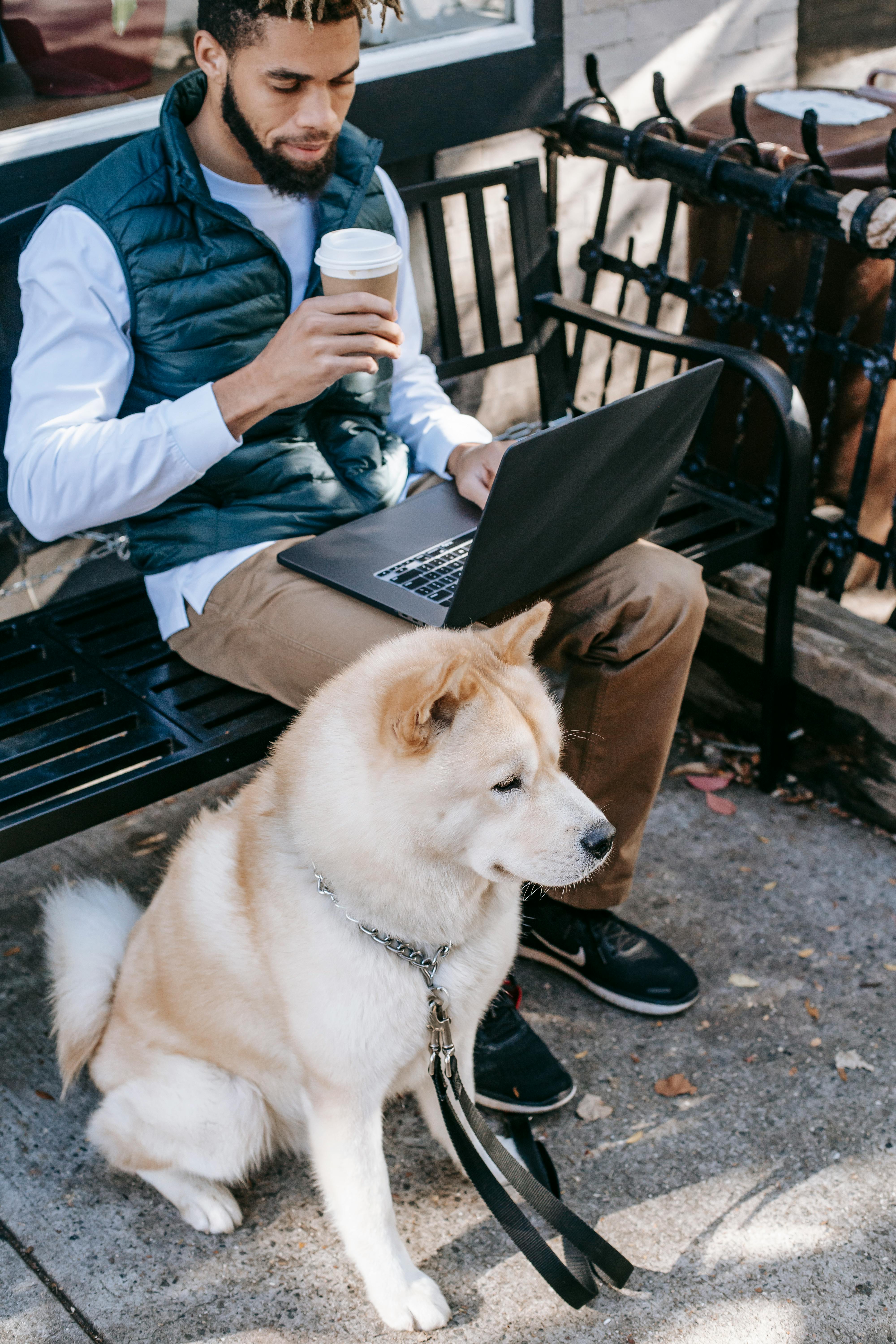Creative Dog Training Business Names That Stand Out
Choosing the perfect dog training business name can make or break your brand. With the pet industry booming, standing out with a memorable and strategic name is more important than ever. In this guide, you’ll explore essential tips, expert advice, and inspiring examples to help you create dog training business names that attract clients and build trust.

Understanding the Fundamentals
A strong business name does more than label your company—it creates an emotional connection with your audience. For dog training businesses, that name needs to evoke trust, professionalism, and warmth. Understanding the foundations of branding and naming can help ensure your dog training business names are successful and sustainable.
Think of your business name as the leash guiding your branding journey. If it’s strong and secure, everything else falls into place—logos, messaging, and customer perception.
1.1 Emotional Connection
Customers often choose businesses based on emotional resonance. A name like “Pawsitive Pup Training” immediately evokes positivity and warmth. According to a 2023 branding study, emotionally driven brand names are 45% more likely to be remembered by consumers.
This is especially important in pet services, where trust is essential. Dog owners want assurance that their pets will be cared for. A thoughtful name can instantly establish that credibility.
1.2 Clarity and Relevance
Effective dog training business names are clear, easy to understand, and directly related to the service offered. Avoid vague or overly clever names that confuse potential clients.
Names like “Sit Happens” can be memorable and witty but must still clearly indicate that your service is dog training. Consistency across your business name, domain, and marketing materials reinforces brand recognition.
Practical Implementation Guide
Now that you know what makes a strong name, let’s look at how to create one. Applying these fundamentals to real-world naming exercises can help generate ideas tailored to your goals and niche.

2.1 Actionable Steps
- Define Your Niche: Are you focused on basic obedience, behavioral correction, service dogs, or puppies? Your dog training business names should reflect your specialty.
- Brainstorm Descriptive Words: Create a list of words like “obedient,” “loyal,” “training,” “paw,” “canine,” and combine them creatively.
- Use a Business Name Generator: Tools like Namelix or Shopify’s name generator can help spark ideas based on your keywords.
2.2 Overcoming Challenges
Many business owners struggle with names being taken. Always check domain availability and existing trademarks. It’s also common to second-guess yourself or receive mixed feedback from others.
Here are some common obstacles and how to tackle them:
- Name already in use? Add a location or unique descriptor (e.g., “Pawfect Pups Chicago”).
- Hard to pronounce? Simplify to a one- or two-syllable name that rolls off the tongue.
- Not SEO-friendly? Include relevant terms like “dog training” or “canine coach.”
Advanced Applications
Once you’ve nailed the basics, take it a step further by applying branding psychology, storytelling, and audience segmentation to your dog training business names. These next-level methods help craft identities that stick in the minds of your clients and drive referrals.

3.1 Psychological Triggers
Names that evoke emotion or trust can boost brand loyalty. For example, “Loyal Pup Academy” taps into a sense of partnership and tradition. A study by BrandZ found that brands with emotionally resonant names had 37% higher customer retention rates.
Incorporate triggers like alliteration, positive words, and metaphor. Think “Pawtastic Academy” or “TailWise Training.”
3.2 Storytelling Through Naming
Your business name can tell a story. “Second Chance Sitters” might imply working with rescue dogs, while “Camp K9 Bootcamp” paints a vivid picture of active, immersive training.
Story-based names are memorable and give clients a talking point when recommending you to others. They also provide a foundation for your marketing copy and social media presence.
Future Outlook
The dog training industry is evolving rapidly with trends like online classes, AI-based behavior analysis, and personalized dog training plans. Naming strategies need to evolve too—especially as the digital space becomes more crowded.
In the next 3–5 years, successful names will balance creativity with clarity. SEO considerations will be even more important, and using keywords like “dog training business names” in your branding strategy can significantly improve discoverability.
Conclusion
Here are three things to remember: First, a great business name builds trust. Second, it must reflect your unique approach to dog training. Third, clarity and memorability are essential. With these principles in mind, you’re well-equipped to choose from the best dog training business names or create your own from scratch.
Ready to get started? Write down 10 name ideas right now and test them against the criteria we’ve outlined. A powerful brand starts with a name—make yours unforgettable.
Frequently Asked Questions
- Q: What makes a good dog training business name? A good name is clear, relevant, emotionally engaging, and easy to remember. It should also be available as a domain.
- Q: How do I start naming my dog training business? Start by listing your core services, values, and any unique approaches you use. Use those to brainstorm keywords and combinations.
- Q: How long does it take to finalize a business name? It varies—some people find the right name in a day, others take a week or more. Don’t rush, but don’t overthink either.
- Q: How much does branding cost? Basic DIY branding can be free, while professional branding can range from $300 to over $5,000 depending on complexity.
- Q: Should I include “dog training” in the name? Including it improves clarity and SEO. However, it’s optional if your name is highly recognizable in your niche.
- Q: Is naming a dog training business hard? It can be challenging, but it becomes easier with a structured approach. Focus on purpose and emotional connection.
- Q: What are good names for service dog trainers? Options include “Guardian K9,” “AssureCompanions,” and “PurposePaws,” which communicate reliability and specialization.
